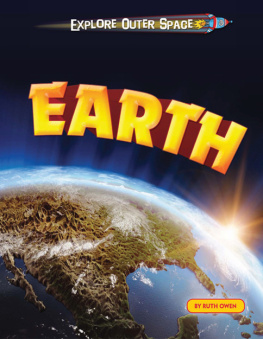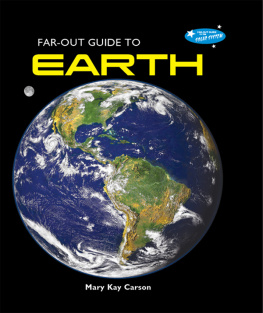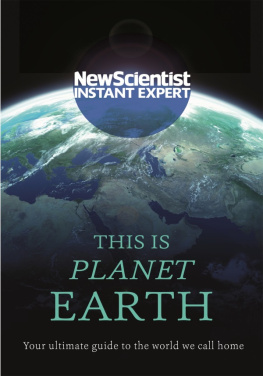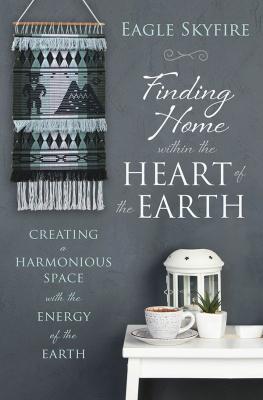Madeline Ostrander - At Home on an Unruly Planet: Finding Refuge on a Changed Earth
Here you can read online Madeline Ostrander - At Home on an Unruly Planet: Finding Refuge on a Changed Earth full text of the book (entire story) in english for free. Download pdf and epub, get meaning, cover and reviews about this ebook. year: 2022, publisher: HenryHolt, genre: Art. Description of the work, (preface) as well as reviews are available. Best literature library LitArk.com created for fans of good reading and offers a wide selection of genres:
Romance novel
Science fiction
Adventure
Detective
Science
History
Home and family
Prose
Art
Politics
Computer
Non-fiction
Religion
Business
Children
Humor
Choose a favorite category and find really read worthwhile books. Enjoy immersion in the world of imagination, feel the emotions of the characters or learn something new for yourself, make an fascinating discovery.

- Book:At Home on an Unruly Planet: Finding Refuge on a Changed Earth
- Author:
- Publisher:HenryHolt
- Genre:
- Year:2022
- Rating:4 / 5
- Favourites:Add to favourites
- Your mark:
- 80
- 1
- 2
- 3
- 4
- 5
At Home on an Unruly Planet: Finding Refuge on a Changed Earth: summary, description and annotation
We offer to read an annotation, description, summary or preface (depends on what the author of the book "At Home on an Unruly Planet: Finding Refuge on a Changed Earth" wrote himself). If you haven't found the necessary information about the book — write in the comments, we will try to find it.
At Home on an Unruly Planet: Finding Refuge on a Changed Earth — read online for free the complete book (whole text) full work
Below is the text of the book, divided by pages. System saving the place of the last page read, allows you to conveniently read the book "At Home on an Unruly Planet: Finding Refuge on a Changed Earth" online for free, without having to search again every time where you left off. Put a bookmark, and you can go to the page where you finished reading at any time.
Font size:
Interval:
Bookmark:
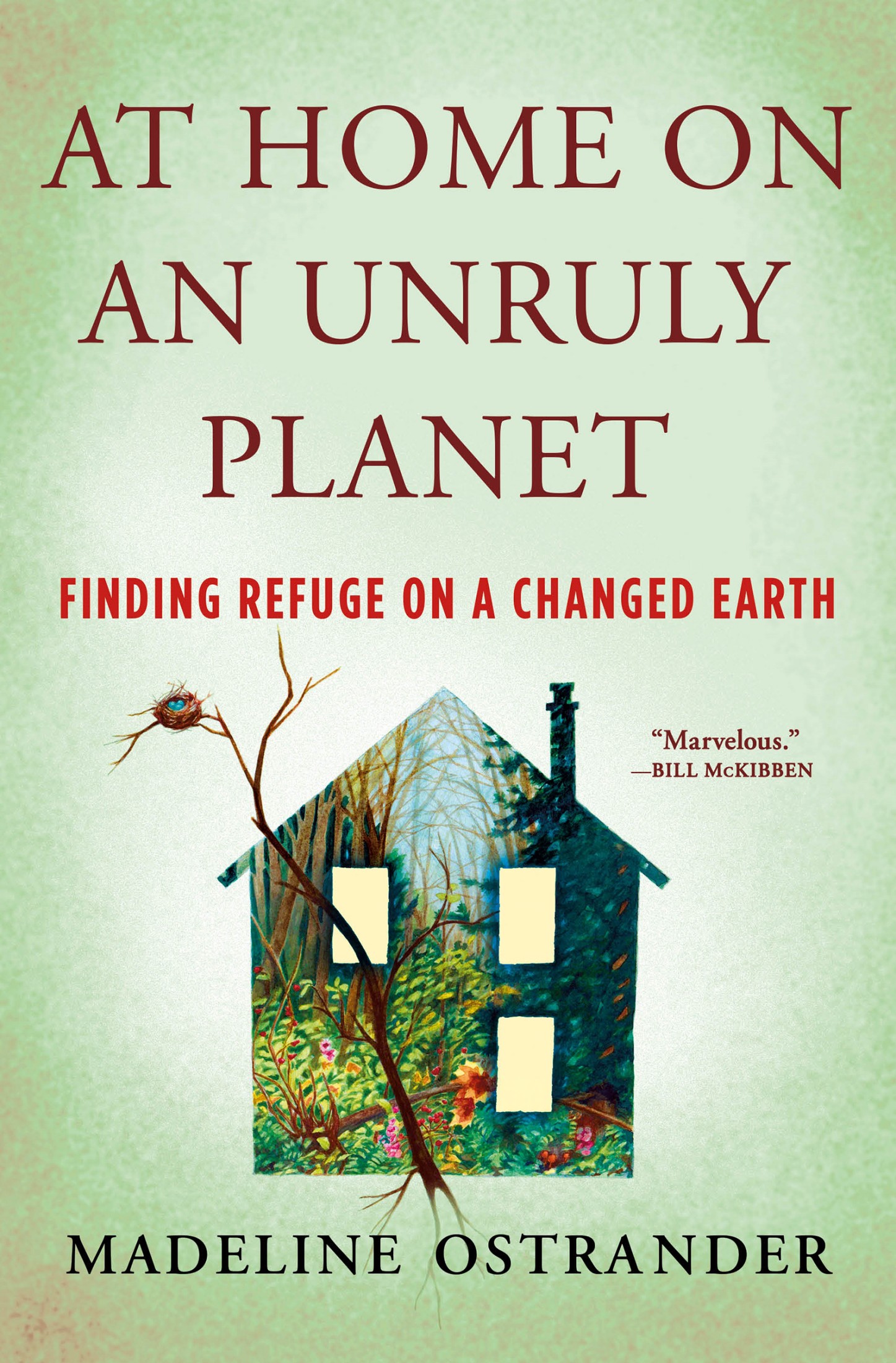

The author and publisher have provided this e-book to you for your personal use only. You may not make this e-book publicly available in any way. Copyright infringement is against the law. If you believe the copy of this e-book you are reading infringes on the authors copyright, please notify the publisher at: us.macmillanusa.com/piracy.
I want you to act as you would in a crisis. I want you to act as if our house is on fire. Because it is.
GRETA THUNBERG
Because we have not made our lives to fit
our places, the forests are ruined, the fields eroded,
the streams polluted, the mountains overturned. Hope
then to belong to your place by your own knowledge
of what it is that no other place is, and by
your caring for it as you care for no other place, this
place that you belong to though it is not yours,
for it was from the beginning and will be to the end.
WENDELL BERRY
But the ethereal and timeless power of the land, that union of what is beautiful with what is terrifying, is insistent. It penetrates all cultures, archaic and modern. The land gets inside us; and we must decide one way or another what this means, what we will do about it.
BARRY LOPEZ
To contemplate the meaning of home isnt some kind of scholarly undertaking. Its more like sifting through a cardboard box of old photos and keepsakes, riffling through memories and images. In an instant, the word conjures the most vivid associations, the most visceral pieces of personal history, thoughts that wrap around me like a warm blanket, nostalgia so bittersweet that I can taste it.
The first image that arrives in my mind is of rain tapping the windowpanes of my early childhood house while outside, intricate tongues of lightning streaked and jagged across a purple sky. Here I could watch in sheltered awe, no matter what the sky unleashed.
Then, the midwestern city where I finished high school, surrounded by fields of corn and soybeansthe summer air hot and damp, the streets near the local college foot-worn and leading to a shaggy coffee shop and a take-out restaurant that sold crab dumplings and fried rice. Rings of shopping malls and big-box stores at the outskirts. I was never comfortable here, but it became a part of my identity, like some bit of clothing you wear because someone gave it to you, pulling it on again and again until it softens and fits to your particular frame.
Then, the hundred-year-old Seattle house where I live now. The desk where I writecluttered with books and mementos, a photograph of my grandmother, the wooden bookends that used to belong to my grandfather, a red stone I plucked from the trail on an arrestingly lovely nature walk. From here I gaze out the window at a pair of crows squabbling in the backyard magnolia tree. Above me the slant-ceilinged attic bedrooms where multiple generations of people slept before I arrived here. In the distance, the groaning undersong of the highway and the port nearby and its sounds, a train whistle, metal shipping containers cracking loudly against one another in the distance, the moan of a cargo boat, the roar of a jet plane above. The sheen of the blue estuary that circumscribes my city, not visible from here but always present.
Home is not a house for sale or a site for development but the place by which one is owned, year after year loved and known, writes poet and essayist Wendell Berry. For now, my house, this city, this frayed and beautiful bit of urban ecosystem, are mine, and I am theirsuntil we part ways.
Home is also a negotiation between the essentials you need, such as food and shelter, the life you construct, and the rhythms of your surroundings. More than anything, home offers safe refuge and a means to create stability, both physical and psychological. I have been privileged to always have a home with sturdy walls. I am awarewith the occasional quivering feeling of hyperalertnessthat my sense of safety could rupture in an instant, perhaps if the fault line that lies beneath Seattle decides to quake.
Other invisible but insidious threats lurk just beyond my walls. Down the hill from my current house lies the industrial corridor that has lashed itself to the edge of the Duwamish Rivernamed for the Indigenous people of this area but also known as a Superfund site, among the most toxic places in the United States. The lower river valley has some of the worst air pollution in Seattle. Not long ago, a group of high school science students collected tree moss in the valley and found it laced with arsenic, lead, and chromium. I assume that these threats do not intrude noticeably into my personal space, my air, my body, but I dont know for certain. Safety is partly a story we tell ourselves.
And my house, like the majority of dwellings in Seattle, was built for a certain set of conditions. A maritime climatelong wet winters alternating with crisp blue summers when the thermometers mercury rarely used to slide above 80 degrees Fahrenheit. My city was made with mountains in mind: the water that flows through my household taps was drawn from the high-elevation meltwater that resupplies the city reservoirs all spring and summer. Mountain snows and glaciers recharge the rivers that spin the citys hydropower turbines and keep my lights on, fire up my electric teakettle, and power the laptop computer on which I write this.
As years pass, these conditions are no longer as reliable. Some years, the snows are scant. Summers here are increasingly hotter, smokieras wildfires in the surrounding mountain ranges encroach on the city. The air becomes more difficult to breathe. One achingly dry, hot summer could create the right conditions not just for smoke but also for a catastrophically large fire much nearer to my home, even in this damp place of cedar and Douglas fir. I am in a more precarious position than I used to be. We all are.
Everywhere, the weather, the sky, the water, even the terrain on which we have built our homes is becoming unruly. It is literally unsettlingcausing the unsettlement of some places that used to be more livable. As I write this, the American West is parched, millions of acres in extreme drought or worse. From Western Canada to California, wildfires are driving people from their homes. Burning down houses and neighborhoods and communities. Destroying belongings of both physical and emotional valueold pianos and guitars, wedding dresses, furniture, knitting needles, cars, garden toolswhile also devouring human shelter and livelihoods. At the same time, the first hurricanes of the season are heading toward Mexico and the Gulf, the Caribbean, the American Southeast and Mid-Atlantic. How many thousands of people will flee to escape the next round of storms? How many more will ride them out, hunker under fragile roofs while heavy winds shriek and pound? Who will dodge the blows and who will lose everything, the homes theyve built, the lives theyve created?
It is too easy to recite a list of ongoing calamities. In the summer of 2021, one in three Americans experienced some kind of weather disaster. Elsewhere, the Italian island of Sicily reached what may have been the hottest ever recorded temperature on the Continentnearly 120 degrees Fahrenheit. Villagers on the Greek island of Evia organized a brigade to try to stop wildfires from burning down their homes. At the same time, a vicious drought hung over Angola, and thousands fled their homes for nearby Namibia.
The world has always been stormy. Some of these events would have happened at any time. But each year, the likelihood of larger calamities creeps up. According to the calculations of hundreds of scientists, the whole planet is about 2 degrees Fahrenheit warmer than when the foundation of my house was laid. Because of this addition of heat energy, events that were once by definition anomalousa catastrophic flood, a megafire, a severe droughtare becoming almost routine. The warming of the planet has also caused the level of the sea to rise about eight inches since the beginning of the twentieth century. Because of the emissions human societies have already sent into the atmosphere, over the next twenty to thirty yearsas my school-age niece and half-sister journey into the middle of their livesthe planets temperature is guaranteed to continue climbing. And unless we choose collectively to prevent it by transforming the way we livefrom our economies to our politics to the built environments of our homes and citiesthe world will become hotter still, until it is perhaps too unreliable, too dangerous for people to occupy many places that once held thriving communities and histories and cultures.
Font size:
Interval:
Bookmark:
Similar books «At Home on an Unruly Planet: Finding Refuge on a Changed Earth»
Look at similar books to At Home on an Unruly Planet: Finding Refuge on a Changed Earth. We have selected literature similar in name and meaning in the hope of providing readers with more options to find new, interesting, not yet read works.
Discussion, reviews of the book At Home on an Unruly Planet: Finding Refuge on a Changed Earth and just readers' own opinions. Leave your comments, write what you think about the work, its meaning or the main characters. Specify what exactly you liked and what you didn't like, and why you think so.


